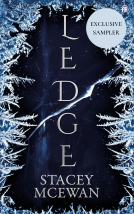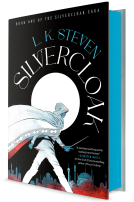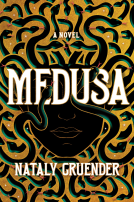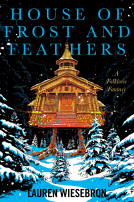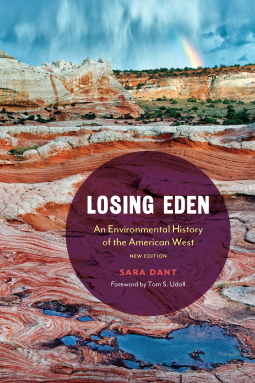
Losing Eden
An Environmental History of the American West
by Sara Dant
This title was previously available on NetGalley and is now archived.
Send NetGalley books directly to your Kindle or Kindle app
1
To read on a Kindle or Kindle app, please add kindle@netgalley.com as an approved email address to receive files in your Amazon account. Click here for step-by-step instructions.
2
Also find your Kindle email address within your Amazon account, and enter it here.
Pub Date Jun 01 2023 | Archive Date May 31 2023
Talking about this book? Use #LosingEden #NetGalley. More hashtag tips!
Description
Historical narratives often concentrate on wars and politics while omitting the central role and influence of the physical stage on which history is carried out. In Losing Eden award-winning historian Sara Dant debunks the myth of the American West as “Eden” and instead embraces a more realistic and complex understanding of a region that has been inhabited and altered by people for tens of thousands of years.
In this lively narrative Dant discusses the key events and topics in the environmental history of the American West, from the Beringia migration, Columbian Exchange, and federal territorial acquisition to post–World War II expansion, resource exploitation, and current climate change issues. Losing Eden is structured around three important themes: balancing economic success and ecological destruction, creating and protecting public lands, and achieving sustainability.
This revised and updated edition incorporates the latest science and thinking. It also features a new chapter on climate change in the American West, a larger reflection on the region’s multicultural history, updated current events, expanded and diversified suggested readings, along with new maps and illustrations. Cohesive and compelling, Losing Eden recognizes the central role of the natural world in the history of the American West and provides important analysis on the continually evolving relationship between the land and its inhabitants.
Advance Praise
“Sara Dant has created something seemingly unattainable: a one-volume book—full of incisive analysis, wrapped in unforgettable storytelling—that covers the deep environmental history of the American West from twenty-five thousand years ago to today. She delivers an important cautionary tale about the relationship between people and nature, always asking a simple question: ‘At what cost?’ I learned something on every page.”—Dayton Duncan, author of The National Parks: America’s Best Idea
“Sara Dant’s Losing Eden is an environmental masterpiece about the American region she holds near and dear to her heart. Whether Dant tackles the problems of aridity, massive wildfires, or climate change, she hits all the right notes. . . . This is a brilliant book, learned to its core, that will stand the test of time. Environmental history at its absolute finest. Highly recommended!”—Douglas Brinkley, Katherine Tsanoff Brown Chair in Humanities and professor of history at Rice University
“This is environmental history at its best. Losing Eden offers a masterful narrative that explores broad-ranging themes and the historical connections, tensions, and contradictions that have defined the vibrant and diverse peoples and environments of the American West, as well as their relationship to one another.”—Eladio B. Bobadilla, assistant professor of Latinx history at the University of Pittsburgh
Available Editions
| EDITION | Other Format |
| ISBN | 9781496229540 |
| PRICE | $29.95 (USD) |
| PAGES | 386 |
Available on NetGalley
Featured Reviews
 Reviewer 901611
Reviewer 901611
Thanks to NetGalley, the author, and the publisher! This is an excellent book and a critical read for environmentalists and anyone who cares about the future of the planet. Understanding the history of our environment is crucial to moving forward in this era of climactic change and disruption.
The 2nd edition of an expansive history of the American West in terms of its environmental heritage.
The American West is defined as that which lay west of the 100th parallel, an appropriate definition since that land receives less rainfall than the land to its east and requires a very different land management ethos.
The author quickly goes over the wide swath of history of the land, both in terms of its geologic and its Indigenous history. The majority of the book describes the treatment of the land by Americans: its settlement, its exploitative abuse, movements toward conservation or preservation, resistance to conservation or preservation, the birth of the environmental movement, and the backlash to the environmental movement, bringing us to the near present day.
The author thus well describes how the American West has been exploited, particularly for the material and economic gain of the American East, how its development is unsustainable and was known as such for almost 150 years, and encourages a healthier land ethic. As indicated, the American West was never the Eden it was imagined to be, but it is certainly being lost.
Many thanks to NetGalley for this ARC!
This is an important and timely work. A terrific environmental history of the West. The West isn't what we hear. This pulls together many issues that many/most readers will be familiar with. But by reading it it will help readers get a better understanding of the overall picture of the West. Highly recommended for science/history readers.

